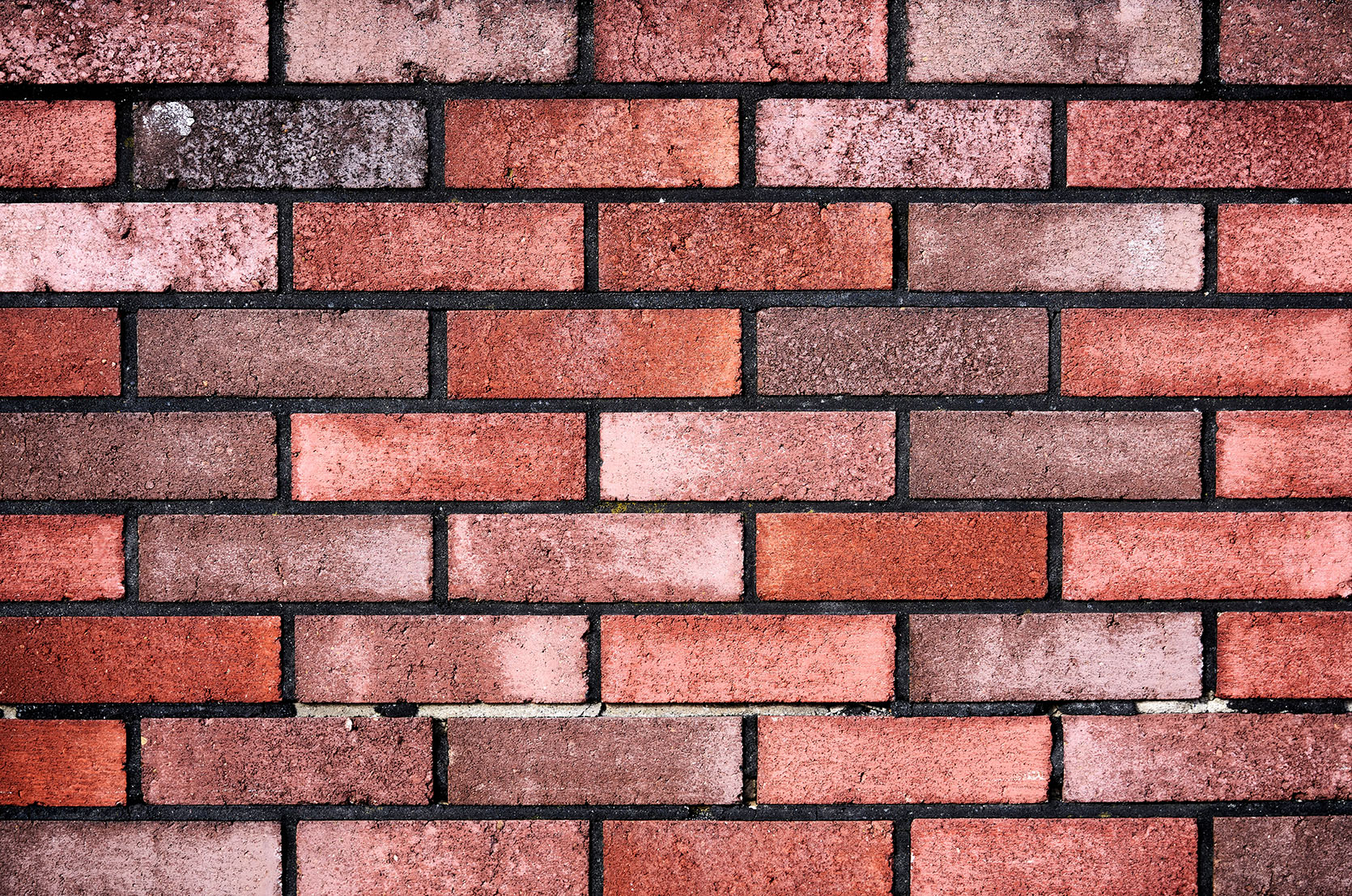
< Back
brick
Definition
Brick is a hard, rectangular block that is made of fired clay.
Bricks are typically used in construction, and they can be found in a variety of colours and sizes. The strength and durability of bricks make them a popular building material, and they can last for many years.
Bricks are made by mixing clay with water and then shaping it into a mould. The bricks are then baked in a kiln at high temperatures, which hardens the clay and gives the bricks their strength.
Bricks can be used to create a variety of different structures, including walls, buildings, and pavement.
How can the word be used?
The factory was built of red bricks.

Different forms of the word
Noun:
brick (a small, rectangular block of baked clay or concrete used in building).
brickwork (the construction of walls or other structures using bricks).
Adjective:
brick-red (having a deep red colour like that of a brick).
Verb:
to brick (to build with bricks).
to brick up (to close or seal something with bricks).
Etymology
The word "brick" comes from the Old English word brycg, which means "small, square piece of baked clay." The Old English word brycg is thought to be related to the Proto-Germanic word bruggōn, which also means "small, square piece of baked clay.".
Question
What can bricks be used for?
AQA Science Exam Question and Answer
Question:
In the context of construction materials, what is a "brick," and what are some key properties that make it suitable for building purposes?
Answer:
A "brick" is a rectangular block typically made of clay or other materials, used in construction for building walls, structures, and other architectural elements.
Properties of Bricks for Building Purposes:
Strength: Bricks have high compressive strength, making them capable of bearing heavy loads and providing structural stability to buildings.
Durability: Bricks are resistant to weathering, fire, and decay, ensuring their long-term durability in various environmental conditions.
Thermal Insulation: Bricks have good thermal insulating properties, helping regulate indoor temperatures by reducing heat transfer through walls.
Sound Insulation: Bricks can attenuate sound, providing soundproofing benefits and contributing to a quieter indoor environment.
Versatility: Bricks come in various sizes, shapes, and colours, allowing for diverse architectural designs and aesthetic choices in construction.
Sustainability: Bricks can be recycled and reused, contributing to sustainable building practices and reducing environmental impact.
In conclusion, bricks possess several favourable properties that make them suitable for building purposes, ensuring strength, durability, thermal and sound insulation, versatility, and sustainability in construction.